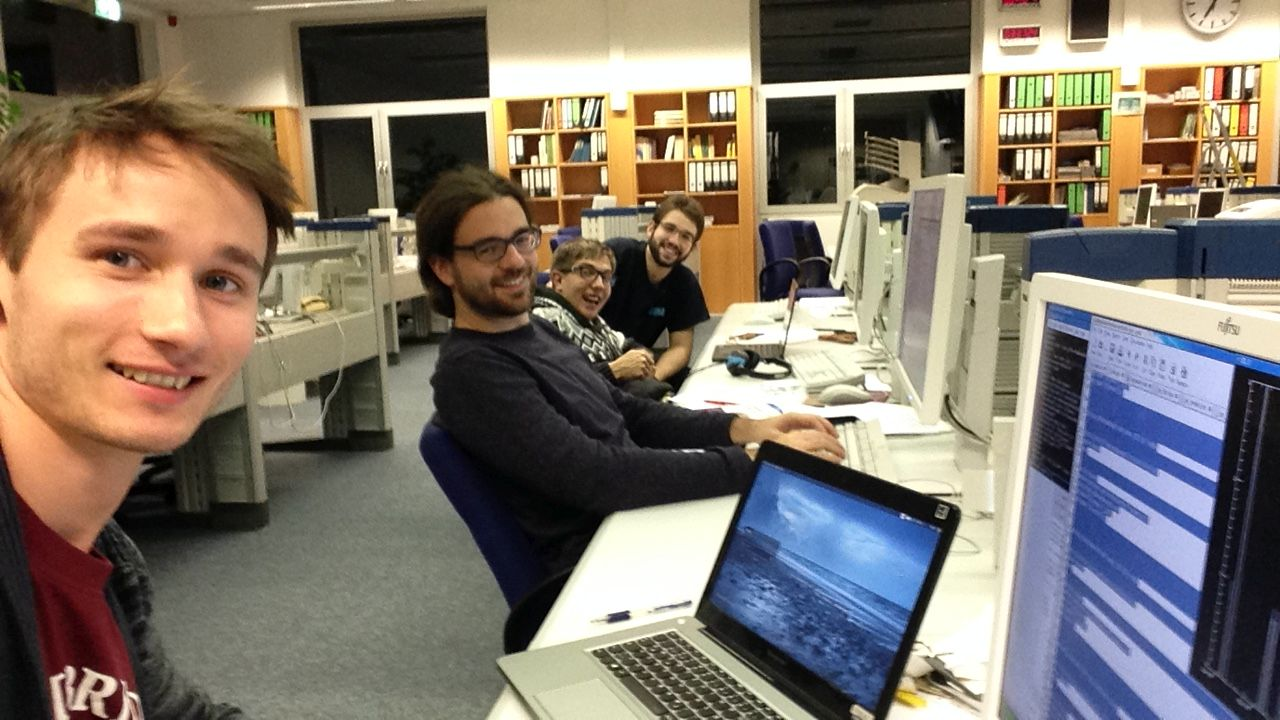Internship at the Max-Planck Institute for Plasma Physics - Garching, Germany
Reported by Marko Mayr. Powered by FuseNet.
Scaling energy confinement using the reduced heating power
My Master’s internship took place at the ASDEX Upgrade tokamak at the Max-Planck-Institute for Plasma Physics in Garching, Germany. My objectives were to find out how the energy confinement time scales with the reduced heating power, which is defined as the power loss due to Edge Localised Modes (ELMs) subtracted from the heating power. Understanding the dependence of the energy confinement time on plasma and machine parameters is crucial for future magnetic confinement fusion devices.

Evaluating losses using a broad range of shots
In order to achieve the previously stated objective, a database of parameters across a broad range of shots had to be built. IDL was used for this task. The pedestal electron density and the pedestal electron temperature were fitted using a modified hyperbolic tangent. Fitting those values in the plasma edge region before and after an Edge Localised Mode and performing an ELM synchronisation, the losses could be evaluated.
Lower accuracy when scaling with reduced heating power
As such, it was possible to use the reduced heating power in scaling laws, which were computed using a log-linear regression. It was found that the scaling laws including the reduced heating power in contrast to the heating power had a higher root-mean-square error and were therefore more inaccurate.
Future experiments should concentrate on density measurements
Furthermore, it was found that future experiments should also concentrate on taking into account density measurements at several locations in the vessel (inside and outside of the separatrix) in order to find a relation between those density parameters and the power losses due to ELMs.
My supervisors Dr. Mike Dunne, Dr. Elisabeth Wolfrum and Prof. Friedrich Aumayr were highly supportive throughout my internship and I want to thank FuseNet and the Max-Planck-Institute for Plasma Physics for making this valuable experience possible.
